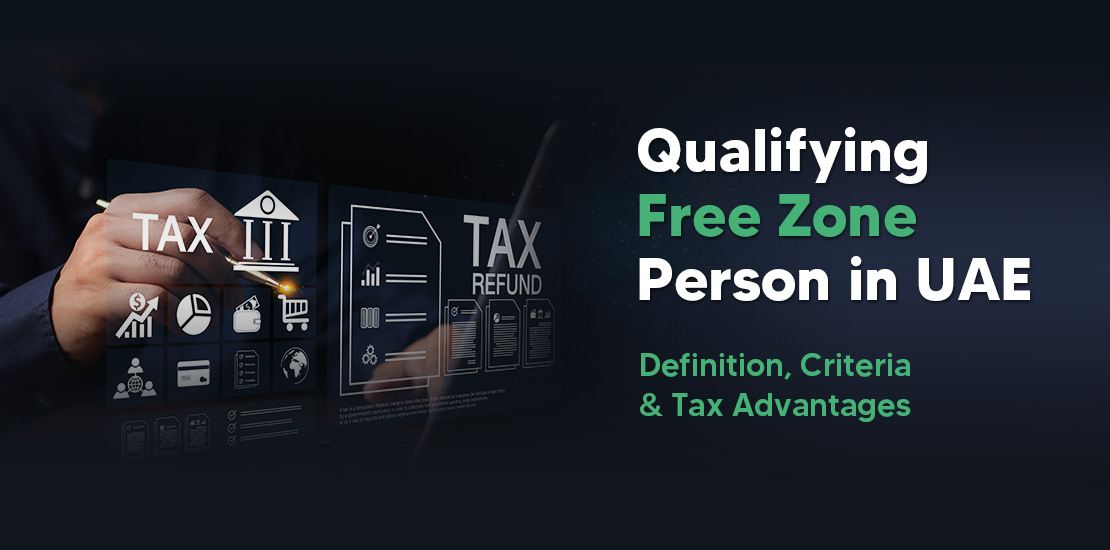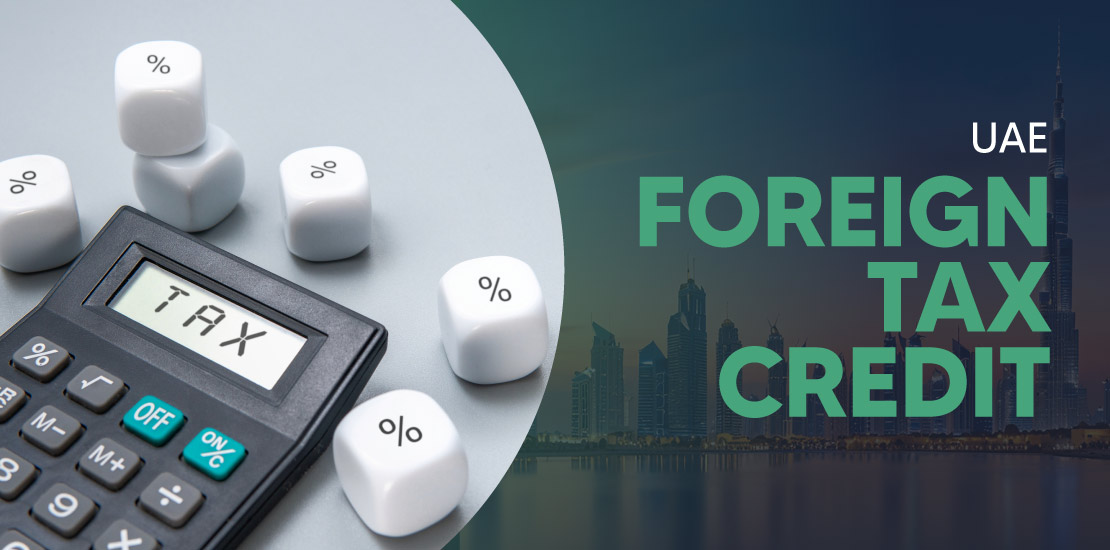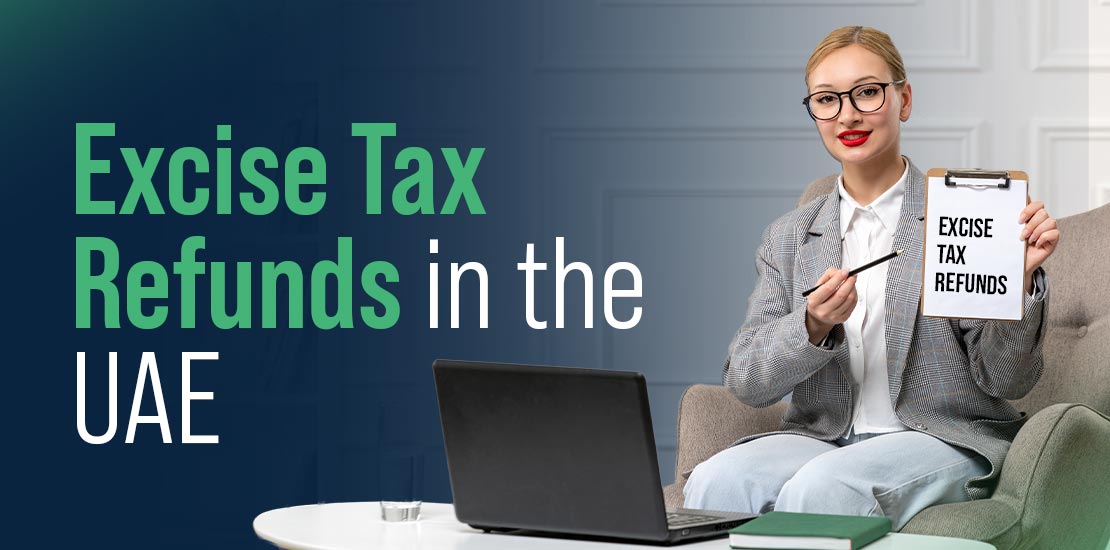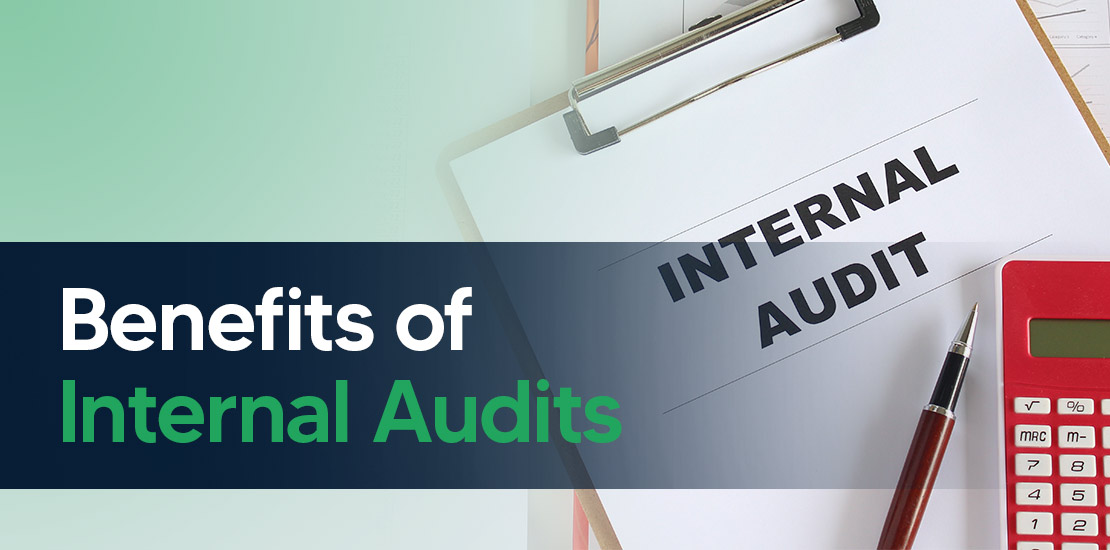Table of Contents
- What Is a Free Zone in the UAE?
- Who Is a Qualifying Free Zone Person in UAE?
- What Happens If You Don’t Qualify?
- What is Qualifying Income for QFZP in UAE?
- What Activities Considered as Qualifying vs Non-Qualifying in the UAE?
- What is the Registration & Filing Requirements for QFZPs?
- How Shuraa Tax Can Help?
- Frequently Asked Questions
The UAE rolled out its first-ever Corporate Tax law in June 2023, marking a big shift in how businesses are taxed across the country. Under this new law, companies are taxed at 0% on profits up to AED 375,000, and 9% on profits above that amount. But if you’re a business based in a Free Zone, there’s a chance you can still benefit from a 0% tax rate—if you qualify as a “Qualifying Free Zone Person” (QFZP).
So, what exactly is a Qualifying Free Zone Person in UAE? It’s a Free Zone company that meets certain conditions, like doing the right kind of business activities, keeping proper offices and operations in the UAE, and following rules on how they deal with related companies. If a Free Zone business ticks all these boxes, it can continue to benefit from zero corporate tax on its qualifying income.
Being a QFZP is a major advantage for businesses in Free Zones, but it comes with strict compliance requirements. If a company fails to meet any of the conditions, it could lose its 0% tax benefit, not just for the current year, but for the next five years as well.
So, let’s understand what it means to be a Qualifying Free Zone Person under UAE corporate tax, what type of income qualifies, and what you need to do to make sure your Free Zone business stays compliant and tax-efficient under the UAE’s Corporate Tax Law.
What Is a Free Zone in the UAE?
A Free Zone (also known as a Free Trade Zone) is a specially designated area within the UAE where businesses can operate with favourable rules and incentives. These zones were created to encourage international investment and make it easier for foreign companies to set up and grow their businesses in the UAE.
Here are some of the well-known Free Zones where thousands of businesses are successfully operating:
- IFZA (International Free Zone Authority)
- Ajman Free Zone
- RAKEZ (Ras Al Khaimah Economic Zone)
- DWTC (Dubai World Trade Centre)
When it comes to taxes, Free Zones have traditionally provided 0% corporate and personal income tax, making them highly attractive. Under the new UAE Corporate Tax Law, businesses in Free Zones can still enjoy a 0% tax rate, but only if they qualify as a Qualifying Free Zone Person (QFZP).
Who Is a Qualifying Free Zone Person in UAE?
UAE CT Law – Article 18: A Qualifying Free Zone Person is a legal entity (or branch) that is incorporated or registered in a UAE Free Zone and meets specific requirements set by the law. When these conditions are satisfied, the entity enjoys a 0% corporate tax rate on its qualifying income, while non-qualifying income is taxed at 9%.
To benefit from the 0% tax rate, a Free Zone Person must fully meet all of the following conditions:
1. Registered in a UAE Free Zone
The entity must be legally set up in a designated Free Zone, including branches of non-resident or UAE-resident companies.
2. Maintain Adequate Economic Substance
- Conduct its core income‑generating activities (CIGAs) within the Free Zone.
- Have sufficient assets, qualified employees, and reasonable operating expenditure located there.
- Outsourcing is allowed only to related or third‑party entities within a Free Zone, with proper oversight.
3. Earn Qualifying Income
This includes:
- Income from transactions with other Free Zone Persons (that aren’t excluded).
- Income from qualifying activities performed with non-Free Zone parties (not excluded).
- Income from holding or exploiting IP, and other income that respects the de‑minimis threshold (≤ AED 5 million or ≤ 5% of total revenue).
4. No Election to Standard Tax Regime
The entity must not opt into the standard 9% tax across the board.
5. Comply with Transfer Pricing Rules
All related-party transactions must follow the arm’s length principle, with full documentation per Articles 34 and 55.
6. Prepare Audited Financial Statements
Annual financials must be audited and compliant with IFRS (or comparable standards).
7. Stay Below the De-minimis Threshold for Non-Qualifying Income
Non-qualifying income must not exceed the lesser of AED 5 million or 5% of total income. Exceeding this disqualifies QFZP status for the year and triggers a 4-year cooling-off.
What Happens If You Don’t Qualify?
If any of these criteria aren’t met, or if the entity opts for the standard regime, it will lose QFZP status. The result:
- The entire taxable income is subject to 9% CT (post AED 375k threshold).
- The disqualification lasts for the current tax year + the next four years.
What is Qualifying Income for QFZP in UAE?
Under the Cabinet Decision No. 55 (2023) and Ministerial Decision No. 139 (2023), a Qualifying Free Zone Person (QFZP) must earn income from specific sources to maintain the 0% tax rate:
1. Income from transactions with other Free Zone Persons
Profits or service fees from dealings with other free zone entities count as qualifying income, as long as they don’t stem from “excluded activities.”
2. Income from QUALIFYING Activities with non–Free Zone entities
Revenue from specific activities conducted with mainland UAE companies or overseas clients qualifies, but only if the activities are on the approved list and not “excluded.”
Common qualifying activities include:
- Manufacturing or processing goods
- Holding shares and securities
- Operating ships or logistics services
- Fund, wealth, investment management, reinsurance
- Headquarter, treasury, aircraft leasing services
3. Passive or incidental income (de‑minimis rule)
Other income (like dividends, capital gains, royalties) may qualify if non-qualifying income stays below the de‑minimis threshold: ≤ AED 5 million or ≤ 5% of total revenue, whichever is lower.
4. Incidental income tied to qualifying activities
Minor additional income linked to qualified Free Zone or non‑Free Zone transactions may also qualify.
What Activities Considered as Qualifying vs Non-Qualifying in the UAE?
Here’s a quick look at which activities are considered qualifying and which ones are excluded under UAE law.
1. Qualifying Activities
According to Ministerial Decision No. 139 of 2023, these activities, and any direct ancillary activities, are considered qualifying:
- Manufacturing or processing goods/materials
- Holding shares or securities (for investment)
- Operating and managing ships in international transportation
- Financing/leasing aircraft, incl. engines and components
- Treasury and financing services to related parties
- Headquarter services provided to related parties
- Fund, wealth, and investment management, regulated
- Reinsurance services, regulated
- Logistics services
- Distribution of goods/materials in or from a Designated Zone
Ancillary activities like storage, packaging, or installation related to the above are also qualifying.
2. Non‑Qualifying (Excluded) Activities
These are excluded activities and any income from them is non-qualifying:
- Transactions with natural persons, unless part of allowed activities (e.g., ship operation, aircraft leasing, fund/wealth management)
- Banking, insurance, finance/leasing services (unless specific exceptions apply like reinsurance or related-party financing)
- Ownership or exploitation of immovable property, except commercial property within Free Zones sold/leased to other FZPs
- Intellectual property income (unless specially qualifying)
- Ancillary services for excluded activities (e.g. maintenance of property)
Also, any income from a mainland or foreign permanent establishment (branch) of the QFZP is taxed separately at 9% and not treated as qualifying income.
What is the Registration & Filing Requirements for QFZPs?
Corporate tax registration is mandatory for all Free Zone entities, regardless of revenue, including QFZPs. You need to register via the FTA’s EmaraTax portal and obtain a Tax Registration Number (TRN).
Deadline:
- If incorporated after March 1, 2025: within 90 days of incorporation
- For those incorporated before March 1, 2025: deadlines vary, typically 3 months from license date, e.g., a March license requires registration by June 30, 2024
Tax Return & Disclosure Obligations:
Annual return filing is required within 9 months of fiscal year-end, even if no tax is payable (nil return). Additional disclosure requirements include:
- Segregated qualifying vs non-qualifying income
- Statement of average full-time employees, operating expenses, economic substance, and outsourced activities (including provider TRNs)
- Audited financial statements, regardless of revenue, under IFRS
- Transfer pricing documentation and disclosures, including master/local files if threshold met
Remember to maintain all relevant records and supporting documents, such as financials, audits, TP files, substance documentation, for a minimum of 7 years.
Failing to register, file, audit, disclose, or maintain substance/TP records can cause loss of qualifying free zone person in UAE status, meaning your qualifying income becomes taxable at 9% and the loss persists for 5 years.
How Shuraa Tax Can Help?
Being a qualifying free zone person in UAE can give your business a big advantage, mainly the 0% corporate tax on certain types of income. But to keep this benefit, your Free Zone company must follow specific rules set by the UAE government.
From meeting certain requirements to keeping proper records, filing tax returns on time, and following transfer pricing rules, it can get a bit tricky. If these conditions aren’t met, your business may lose its QFZP status and end up paying 9% corporate tax for five years.
That’s why it’s always a smart move to get expert help. At Shuraa Tax, we help Free Zone companies:
- Check if they qualify as a QFZP
- Corporate tax registration
- Corporate tax filing
- Transfer Pricing documentation and compliance
- Stay fully compliant and avoid penalties
If you’re unsure where your Free Zone business stands or need help managing tax rules, get in touch with Shuraa Tax today.
📞 Call: +(971) 44081900
💬 WhatsApp: +(971) 508912062
📧 Email: info@shuraatax.com
Frequently Asked Questions
1. Who is a Qualifying Free Zone Person under UAE Corporate Tax?
A Qualifying Free Zone Person (QFZP) is a legal entity set up in a UAE Free Zone that meets certain conditions:
- Maintains adequate economic substance in the Zone
- Earns qualifying income (e.g., from Free Zone deals or approved activities)
- Adheres to transfer pricing rules and documentation
- Prepares audited financial statements
- Keeps non-qualifying income below AED 5 million or 5% of total revenue
- Doesn’t opt into the standard 9% CT regime
2. Do all Free Zone companies automatically qualify for 0% tax?
No. A Free Zone Person is considered a QFZP unless it fails to meet any conditions or elects into the 9% standard CT regime.
3. Is corporate tax registration mandatory for QFZPs in the UAE?
Yes, all Free Zone Persons, including QFZPs, must register with the FTA via EmaraTax, even if no tax is due.
4. What happens if a Qualifying free zone person in UAE loses its status?
If a QFZP fails to meet the rules or opts into the standard regime, it loses its 0% tax benefit and is subject to 9% tax on all income for that year and the next four years.













